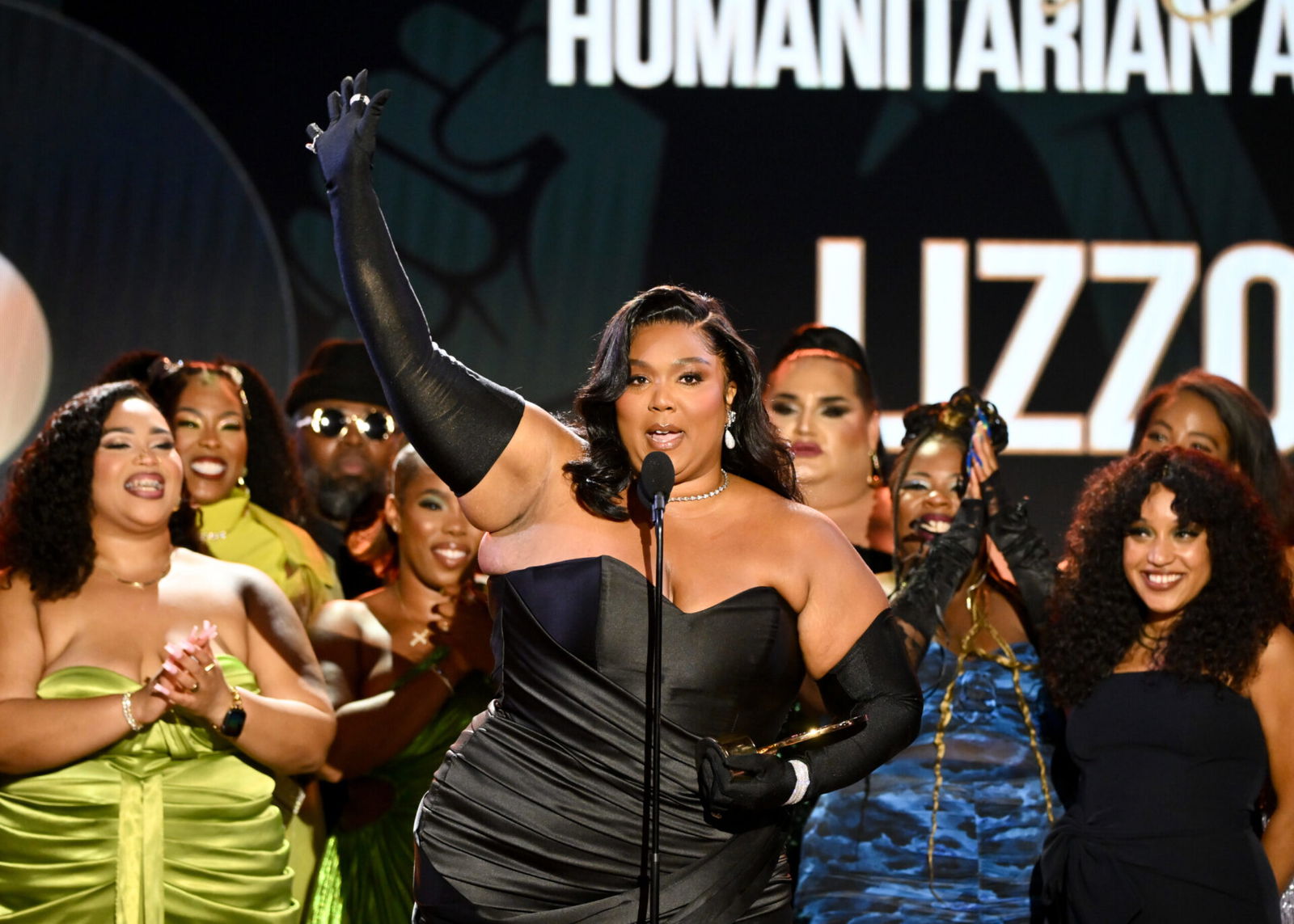Lizzo has filed an appeal over her former dancers’ sexual harassment lawsuit against her, stating that it was an “attack” on her First Amendment right to free speech.
While a judge has already dismissed some claims in the 2023 filing, lawyers for the musician are urging the courts to throw out the case entirely. The initial lawsuit alleged that Lizzo engaged in sexual harassment and discrimination. Particular claims of “fat-shaming” delivered shocking blows to the artist known for her body positivity advocacy.
Lizzo tried to get the case tossed in 2024 under similar grounds through California’s anti-SLAPP statute, a special law that ends lawsuits that threaten free speech. The appeal led Judge Mark H. Epstein to axe the fat-shaming accusation, but still keep the case alive.
Now, Lizzo wants to counter the lawsuit on federal grounds. Her legal team, which includes high-profile defense attorney Marty Singer, wrote that the lawsuit serves as an “attack” on Lizzo’s freedom to perform and advocate for causes.
“Plaintiffs’ suit [is] an attack on Lizzo’s First Amendment right to perform her music and advocate for body positivity,” wrote the attorneys, as reported by Billboard. “Rather than accept personal accountability, plaintiffs filed this shotgun action, taking aim at nearly every facet of Lizzo’s creative process.”
The attorneys suggest that one claim made by the plaintiffs, Arianna Davis, Crystal Williams, and Noelle Rodriguez, that Lizzo forced them to attend a sex show in Amsterdam, was part of her creative process. The dancers allegedly felt pressured to touch and dance with the nude performers, yet Lizzo’s attorneys claim the experience was totally optional.
“There’s no disagreement that Lizzo held these outings as a necessary part of her creative process,” added Singer. “Early social gatherings during international tours (like the Bananenbar) are critical to teambuilding and fostering cohesion.”
However, Judge Epstein’s 2024 stance challenges the notion that reports of discrimination can be ignored if they infringe upon constitutional rights.
“It is dangerous for the court to weigh in, ham-fisted, into constitutionally protected activity,” the judge wrote. “But it is equally dangerous to turn a blind eye to allegations of discrimination or other forms of misconduct merely because they take place in a speech-related environment.”
In response to the judge’s opinion, the attorneys have also cited previous rulings in favor of artists’ creative process deemed “offensive” or “unpredictable.”
“Judges must not dissect the creative process to determine what was necessary to achieve the final product and what was not,” continued the lawyers. “By rejecting the artist’s proven experience for what is necessary to, and best enhances, her own art, the trial court stepped far outside its role.”
Attorneys for the plaintiffs, however, rebuffed Lizzo’s attempts, stating that they still intend to prove the matter in court. In the coming months, the appeals court will decide if Lizzo’s claims stand, which could end the case. If not, the matter would likely proceed to a jury trial.



